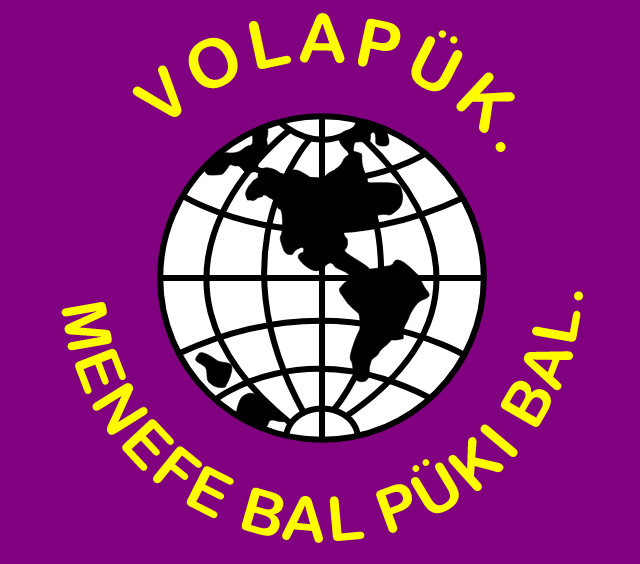"Once upon a time there were people who were capable of RTFM and configuring UNIX services without using overly bloated container based solutions that are harder to manage and configure then they should be. Around the same time there were also many mail servers on the internet. If your organisation wanted to receive and send emails then you would have your system" > Introduction fixed :)
Now this a very recommended and very great guide.
I don't get why they call hosting a mail server being your own ISP. It's a very very loose definition of the term "ISP" there. ISPs may provide mail services on the side, but that's not what makes them an ISP imo—its providing internet access that makes them an ISP.
On looking it up, apparently some people consider email providers ISPs in their own right though? Seems like confusing terminology.
It's called that because 20 years ago when the guide was first written there was no Gmail or any comparable service of that magnitude. Sure you had GMX or Hotmail but most people online back then had an email account hosted by their ISP. That was the most common way to get access to email.
The ISP Mail guide describes how to set up a mail server infrastructure similar to what an ISP mail service would provide, back then.
Nice. In the last few years, I've only ever heard people say they stopped selfhosting mail some time ago.




